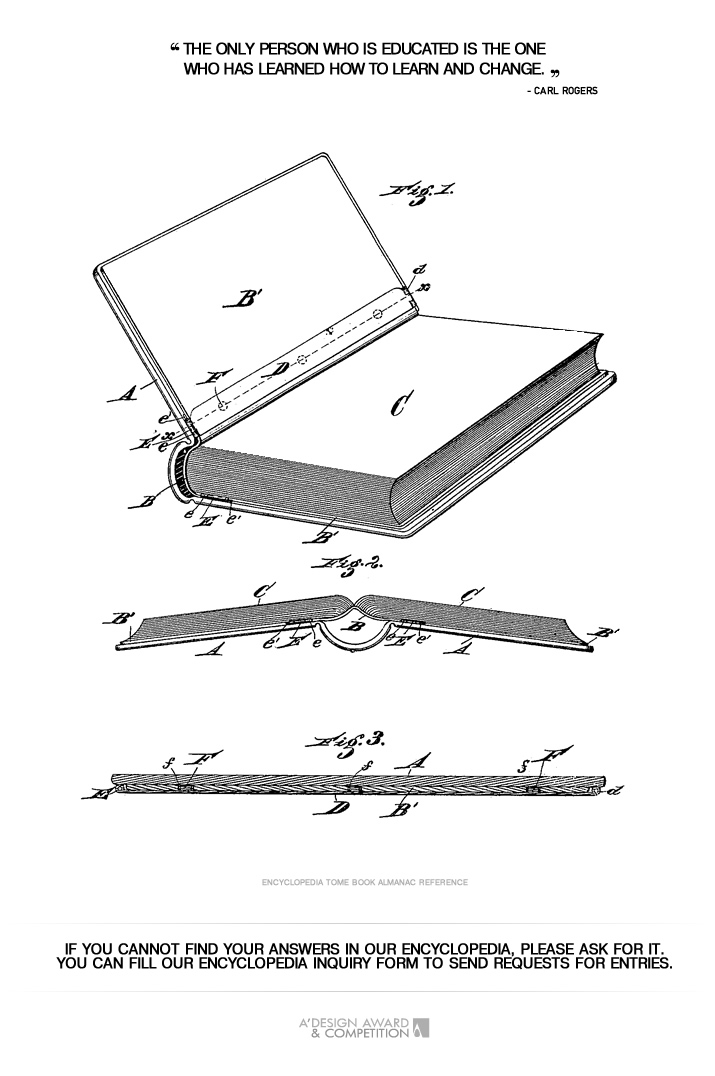
| THE AWARD |
| CATEGORIES |
| REGISTRATION |
| SUBMIT YOUR WORK |
| ENTRY INSTRUCTIONS |
| TERMS & CONDITIONS |
| PUBLICATIONS |
| DATES & FEES |
| METHODOLOGY |
| CONTACT |
| WINNERS |
| PRESS ROOM |
| GET INVOLVED |
| DESIGN PRIZE |
| DESIGN STORE |
| THE AWARD | JURY | CATEGORIES | REGISTRATION | PRESS | WINNERS | PUBLICATIONS | ENTRY INSTRUCTIONS |
Slow Change - Entry #479387 |
Home > Design Encyclopedia > 479387 |
 Slow Change
Slow Change
Slow Change is a design principle and methodological approach that emphasizes gradual, deliberate transformation in design processes and outcomes, prioritizing thoughtful evolution over rapid innovation. This philosophy emerged as a counterpoint to the accelerated pace of contemporary design and consumption, drawing parallels with movements like Slow Food and Slow Living, which advocate for more considered approaches to daily life. In design contexts, Slow Change manifests through careful iteration, extended periods of testing and refinement, and deep consideration of long-term implications rather than immediate impact. The methodology incorporates extensive user feedback, environmental considerations, and cultural sensitivity, ensuring that design solutions evolve in harmony with user needs and societal values. This approach has gained particular relevance in sustainable design practices, where the focus lies on creating lasting, adaptable solutions rather than temporary fixes. Practitioners of Slow Change often employ traditional craftsmanship techniques alongside modern technologies, fostering a hybrid approach that honors historical knowledge while embracing contemporary possibilities. The principle has found application across various design disciplines, from product development to urban planning, where gradual implementation allows for careful observation of outcomes and necessary adjustments. The A' Design Award has recognized projects embodying this philosophy, particularly in categories focused on sustainable design and social impact, acknowledging the value of measured, thoughtful progress in creating meaningful design solutions. This methodology also emphasizes the importance of documentation and learning from each stage of transformation, creating a valuable knowledge base for future design iterations and contributing to a more sustainable approach to innovation.
Author: Lucas Reed
Keywords: sustainable development, iterative design, gradual transformation, mindful innovation, traditional craftsmanship, long-term planning, environmental consciousness, cultural preservation
 About the Design+Encyclopedia
About the Design+EncyclopediaThe Design+Encyclopedia is a crowd-sourced reference of information on design. Unlike other crowd-sourced publications on design, the Design Encyclopedia is edited and actively monitored and publishing is only possible after review of submitted texts. Furthermore, editors of the Design Encyclopedia are mostly consisting of award winning designers who have proven their expertise in their design respective fields. Information posted at design encyclopedia is copyrighted, you are not granted a right to use the text for any commercial reasons, attribution is required. If you wish to contribute to the design encyclopedia, please first register or login to A' Design Award and then start a new design encyclopedia entry.

If you did not find your answer, please feel free to check the design encyclopedia for more entries. Alternatively, you can register and type your own definition. Learn more about A' Design Award's Design+Encyclopedia.

